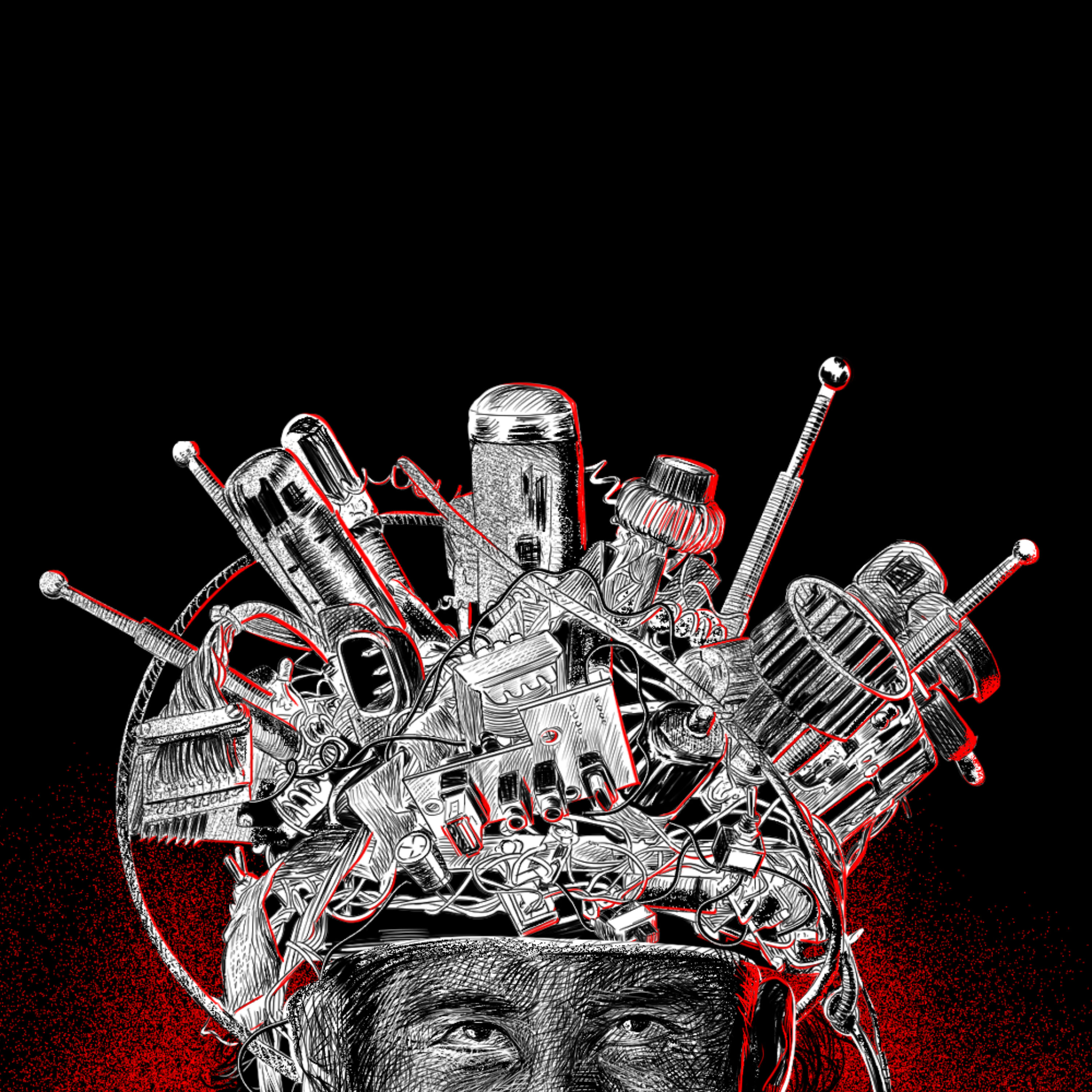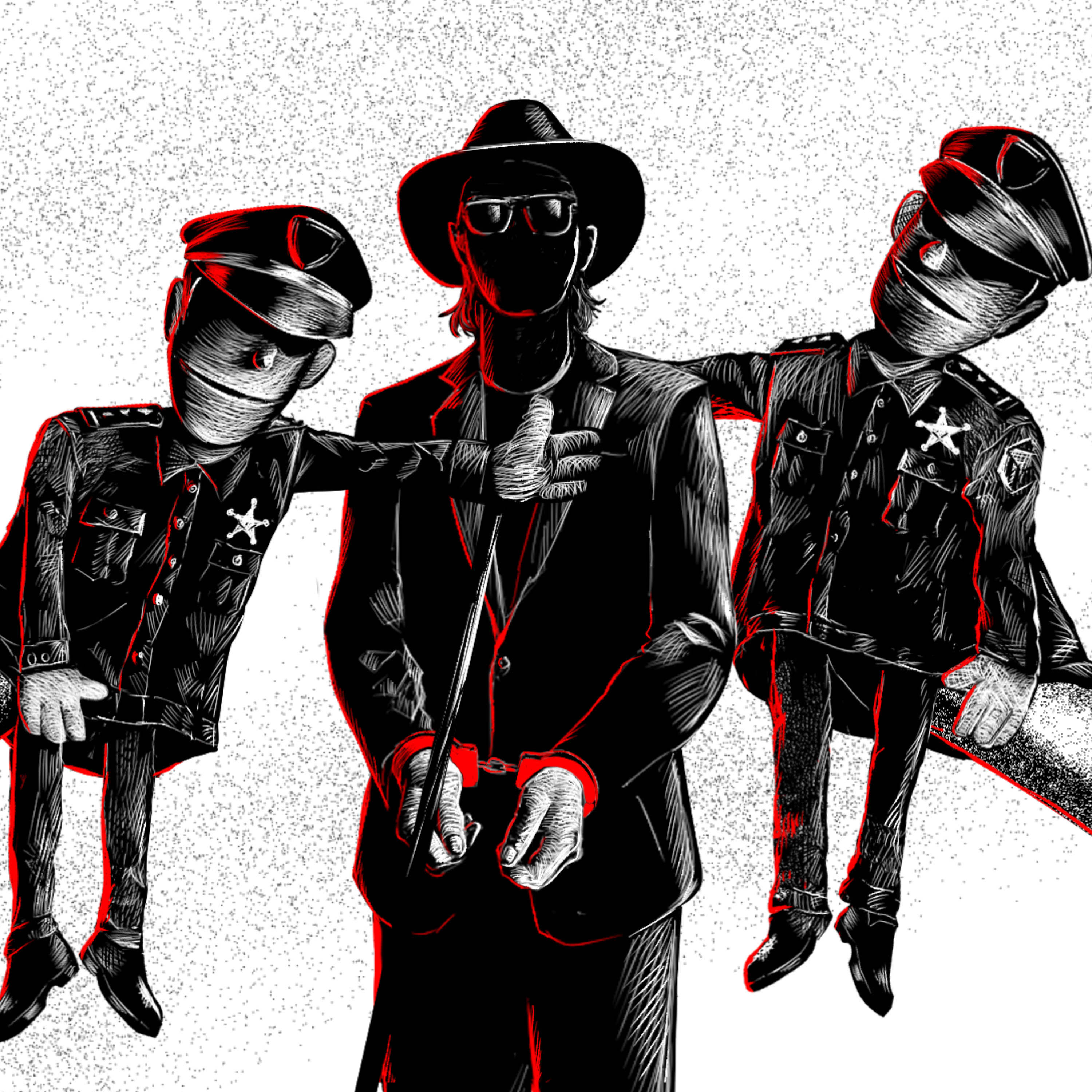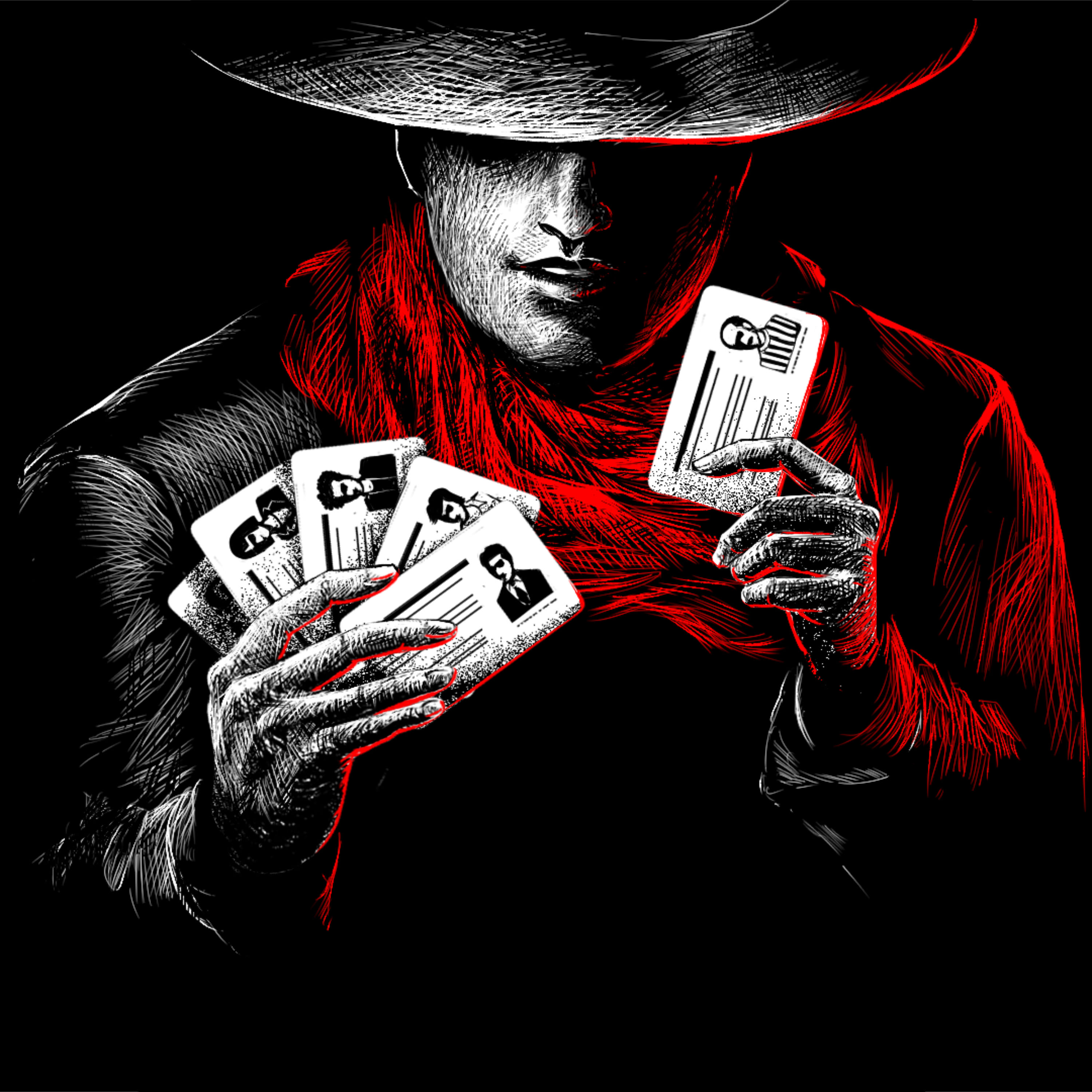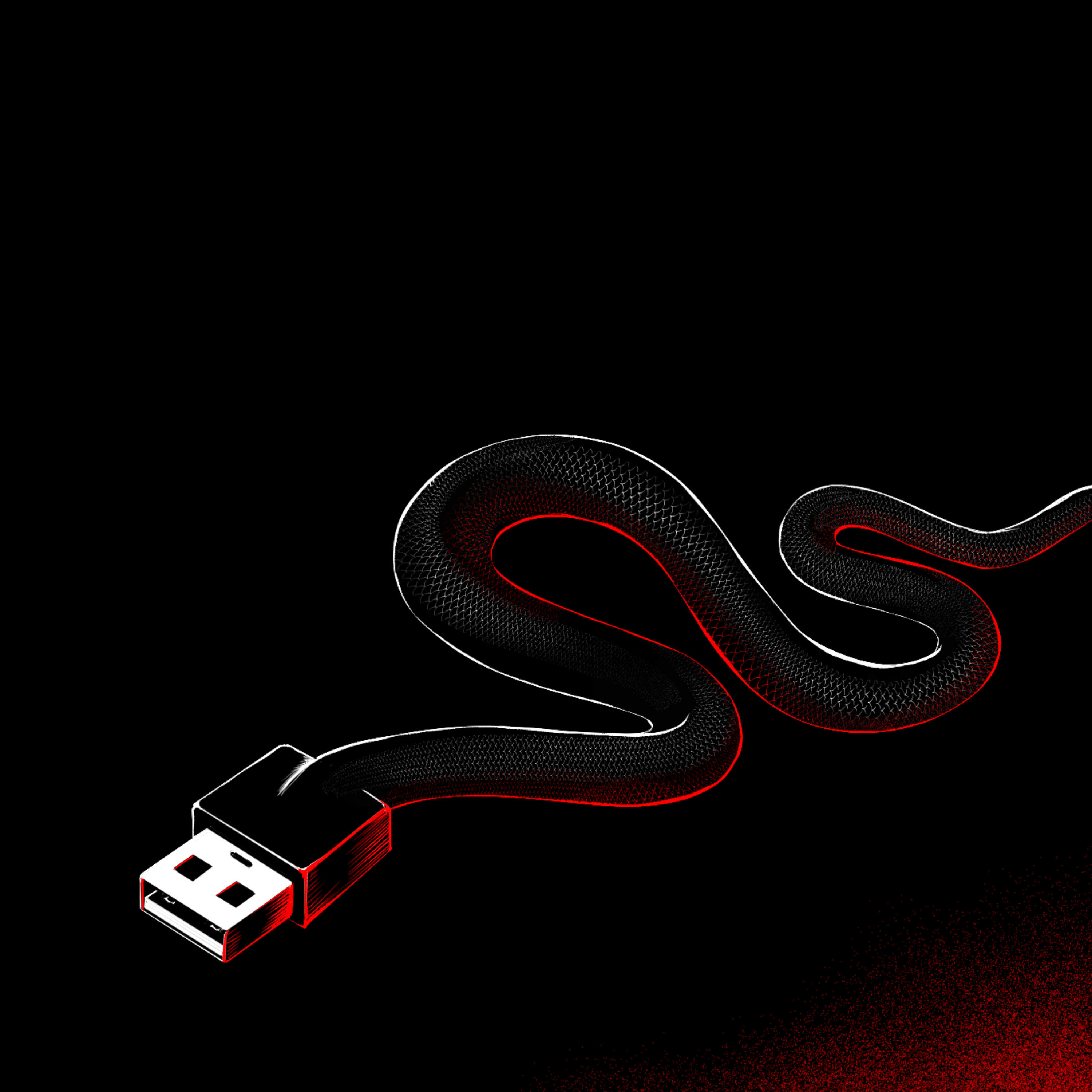155: Kingpin
In this episode, we delve into the multifaceted career of Joe Grand, also known as “Kingpin.” A renowned hardware hacker and computer engineer, Joe has been exploring and manipulating electronic systems since the 1980s. As a former member of the legendary hacker collective L0pht Heavy Industries, he has significantly contributed to the cybersecurity landscape. Joe is also the proprietor of Grand Idea Studio, a research and development firm, and has shared his expertise through various media, including his YouTube channel. Join us as we explore Joe’s unique perspective on hacking, engineering, and his extraordinary journey in the world of technology.
SponsorsSupport for this show comes from ThreatLocker®. ThreatLocker® is a Zero Trust Endpoint Protection Platform that strengthens your infrastructure from the ground up. With ThreatLocker® Allowlisting and Ringfencing™, you gain a more secure approach to blocking exploits of known and unknown vulnerabilities. ThreatLocker® provides Zero Trust control at the kernel level that enables you to allow everything you need and block everything else, including ransomware! Learn more at www.threatlocker.com.
Support for this show comes from Lumen. It used to be hard to track your metabolism, but Lumen is a little device that you breath into which tells you if your burning fat or carbs, fast and easy and have your results in seconds. And knowing that will help you know what kind of food your body needs. And knowing that will help you with your health goals like losing weight or gaining muscle. Take the next step to improving your health go to lumen.me/darknet.
Support for this show comes from ZipRecruiter. ZipRecruiter has solved the hiring problem. Employers prefer it the most for so many reasons. Let’s start by telling you about their matching technology. They work hard to find the best candidates for your needs, and will instantly show you results once you post a job listing. ZipRecruiter will speed up your hiring process. See it for yourself at www.ziprecruiter.com/DARKNET.
Press play and read along
Transcript
Transcript is processing—check back soon.





